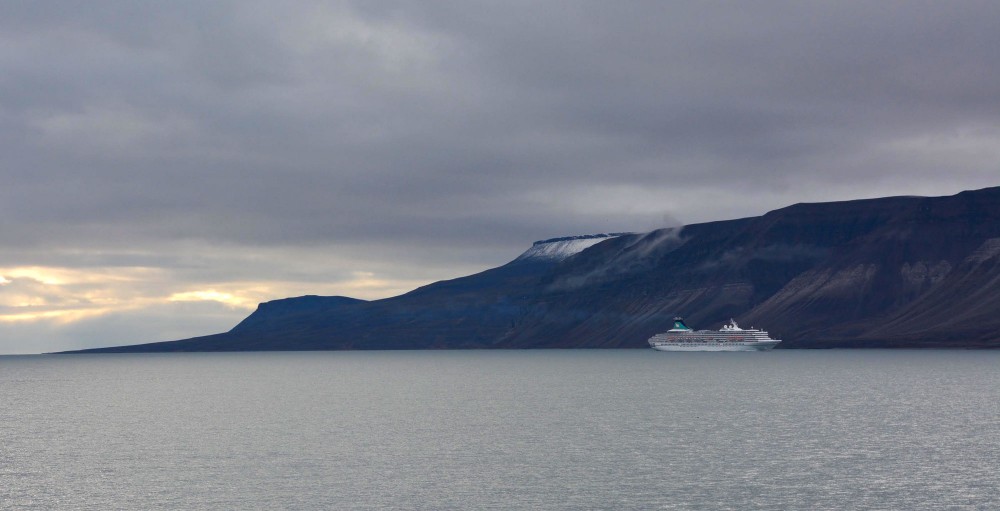Moscow aims for a massive post-COVID boost in Arctic tourism
Officials working on a new tourism strategy for Russia's Arctic predict visitors will triple in the next 15 years.

The authors of Russia’s new Arctic Tourism Strategy are confident that travel to the top of the world will soon set new records.
“The population of the world must be given the opportunity to see the rare beauty of the Arctic,” says Aleksandr Krutikov, Russia’s deputy minister of the Far East and Arctic.
The high-ranking state official foresees a three-fold increase in the number of travelers to the region over the next 15 years. Krutikov in an online conference in early June underlined that tourism is a top priority in Russia’s major investments in the Arctic, and that a separate Arctic Tourism Strategy is in the making.
According to Krutikov, tourism in the region cannot be increased ten-fold, because of the potential negative effects on Arctic ecosystems. But a three-fold increase is sustainable, he argues. By the year 2035, up to 3 million tourists will annually be visiting the region, the ministry representative said in the conference.
[Arctic tourism businesses fear they won’t survive the coronavirus crisis]
At the moment, Arctic tourism is fully paralyzed by the coronavirus. All planned cruise ship voyages have been put on hold and hotels and adventure companies across the region are struggling to make ends meet.
“Naturally, the ground agents, suppliers, ship handlers, excursion operators and suppliers who support the cruise industry in Svalbard, Murmansk, and other destinations are suffering,” spokesperson for cruise company Poseidon Steve Wellmeier recently told the Barents Observer.
Earlier this month, also Russian nuclear icebreaker operator Rosatom announced that all all North Pole cruises are being rescheduled to 2021.
But ultimately, tide will turn and Arctic tourism bounce back, the Russian Ministry of the Far East and Arctic believes.
The new tourism strategy includes significant tax releases for companies investing in the region. In the first five years of new projects, adventure developers will get zero income tax. Also after the fire years, the tax regime will be low and favorable, the ministry informs.
The document will be adopted in the near future and come into force by late July or early August, Krutikov says. The strategy reportedly also includes measures aimed at facilitating foreign citizens’ visits to the remote northern region.